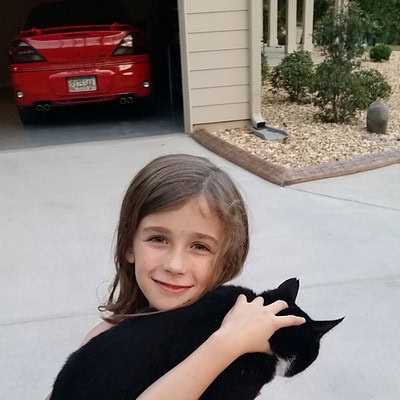Parents of children with diagnoses of Pediatric Acute-onset Neuropsychiatric Syndrome (PANS) and Pediatric Autoimmune Neuropsychiatric Disorder Associated with Streptococcal Infections (PANDAS) may experience significant psychological distress related to their child’s severe and relapsing illness and challenges with the traumatic nature of its treatment.
- Assessed the feasibility, satisfaction, and treatment fidelity of a brief 9-session group therapy intervention for parents based on principles of trauma-focused cognitive behavior therapy (CBT). Ten parents participated in the study.
- The 9-session intervention used a combination of techniques that included cognitive restructuring, coping skills, self-care, and a trauma narrative to address psychological stress, trust, grief, and unwanted emotions.
- Outcome measures included parental symptoms of anxiety, depression, and posttraumatic stress disorder (PTSD), as well as rating of parental satisfaction with the intervention.
- The treatment was feasible and deliverable with high fidelity. The intervention was rated as useful and satisfactory by parents (overall average usefulness of 4.54 and satisfaction of 4.71 out of 5.0). Elevated symptoms of PTSD and depression decreased with large effect sizes (Cohen’s d = 1.42 and Cohen’s d = 1.38, respectively).
- Participating parents demonstrated significantly more active coping and acceptance behaviors and stances.
- A brief 9-session group therapy intervention based on principles of trauma-focused CBT was found to be effective in reducing symptoms of psychological distress in parents of children with PANS.
